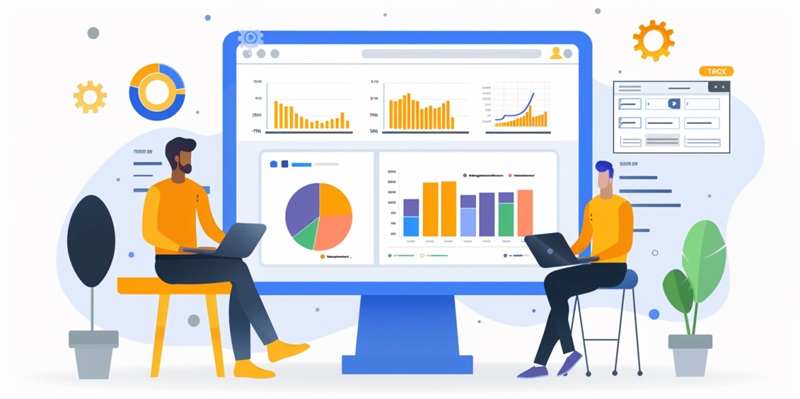In an era where data reigns supreme, the ability to manage it effectively is crucial for any business aiming to leverage its full potential. Recognizing this, Databricks, a frontrunner in the Data and AI technology realm, has announced its strategic move to acquire Tabular, a company known for its prowess in data management. This acquisition is more than just a business transaction; it is the catalyst for significant transformation within the lakehouse architecture landscape, boosting the synergy between data warehousing and AI workloads.
Lakehouse architecture, introduced by Databricks in 2020, signifies a seismic shift in data infrastructure. It combines the best elements of data lakes and warehouses, providing an open format that facilitates ACID transactions on object storage data. This framework makes data universally accessible, smoothing the path for various applications to use and analyze data coherently. The promise of lakehouse architecture has led to rapid adoption, with 74% of enterprises reportedly getting on board. Nonetheless, this growth has not been without its challenges.
Bridging Format Divides
At the core of the lakehouse concept is the usage of open-source standards—Delta Lake and Apache Iceberg—to manage and store large quantities of data. Despite both being rooted in Apache Parquet, their development along parallel but separate paths has led to bifurcated data ecosystems teeming with format incompatibilities. This fragmentation prevents enterprises from realizing the true value of a unified data model.
The Databricks-Tabular alliance targets this critical issue with the vision to streamline these divergent data pathways. The first step in this plan is Delta Lake UniForm, a convergence initiative designed to bridge format inconsistencies in the short term. This tactical measure combats the immediate challenges faced by enterprises in fragmented data landscapes. However, the long-term goal is more ambitious—creating a single open standard that ensures seamless interoperability across all data formats within the lakehouse environment.

